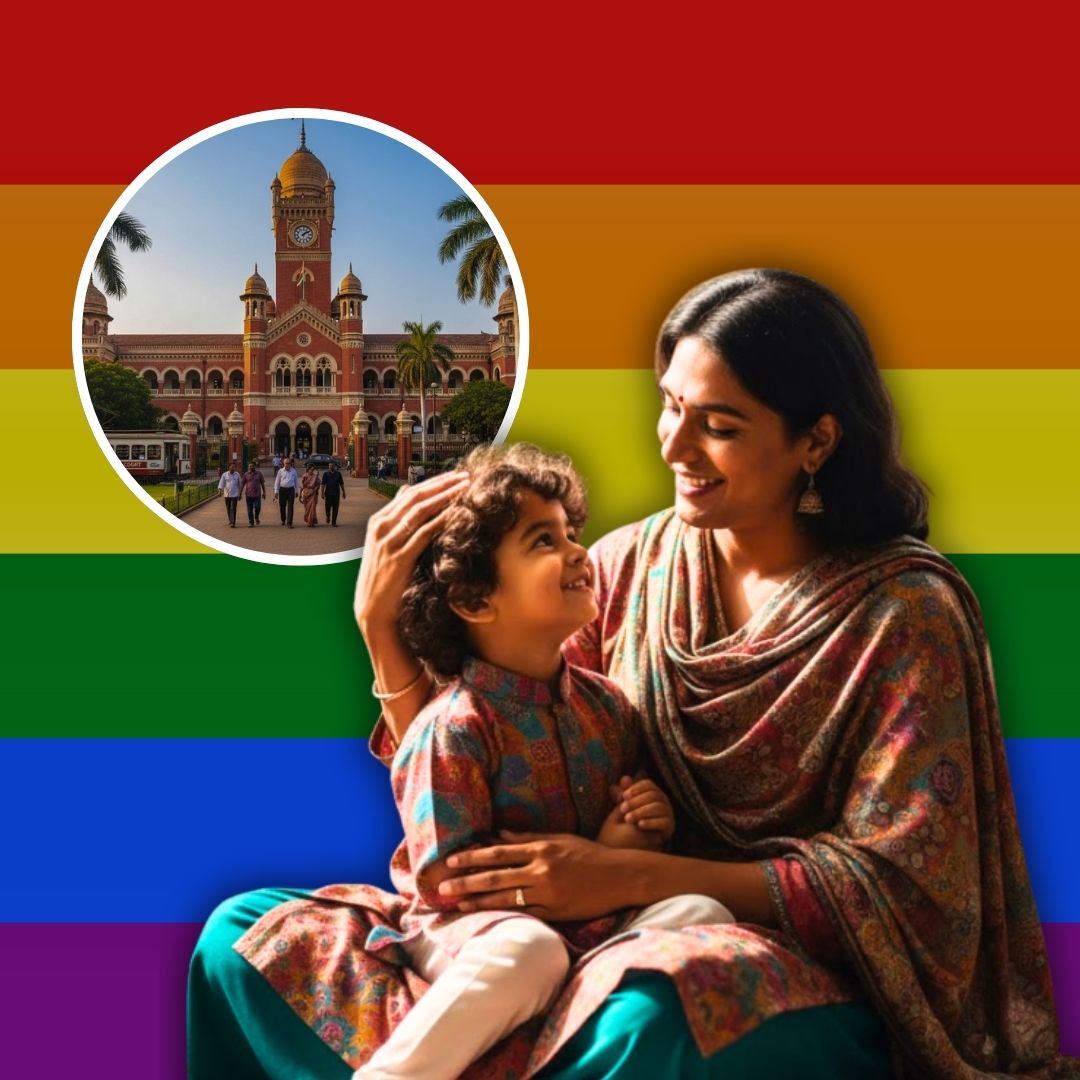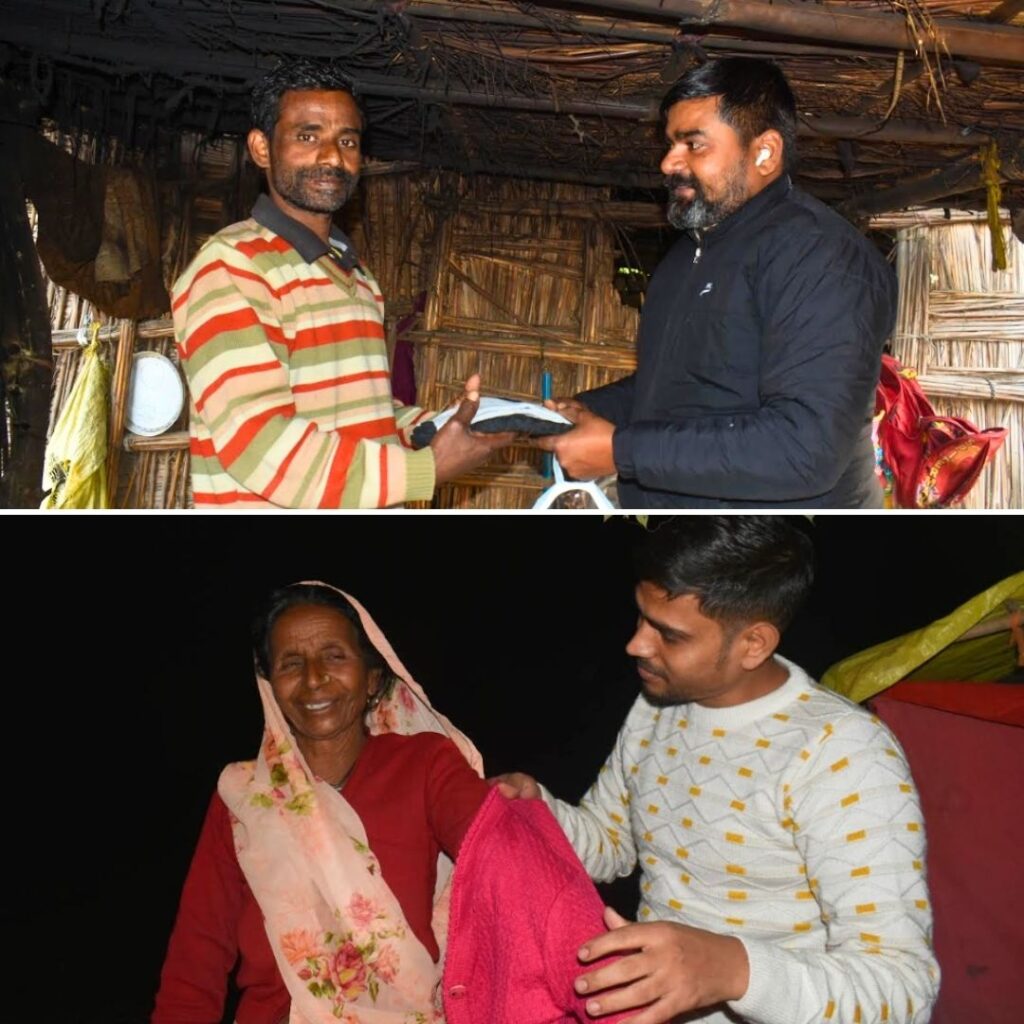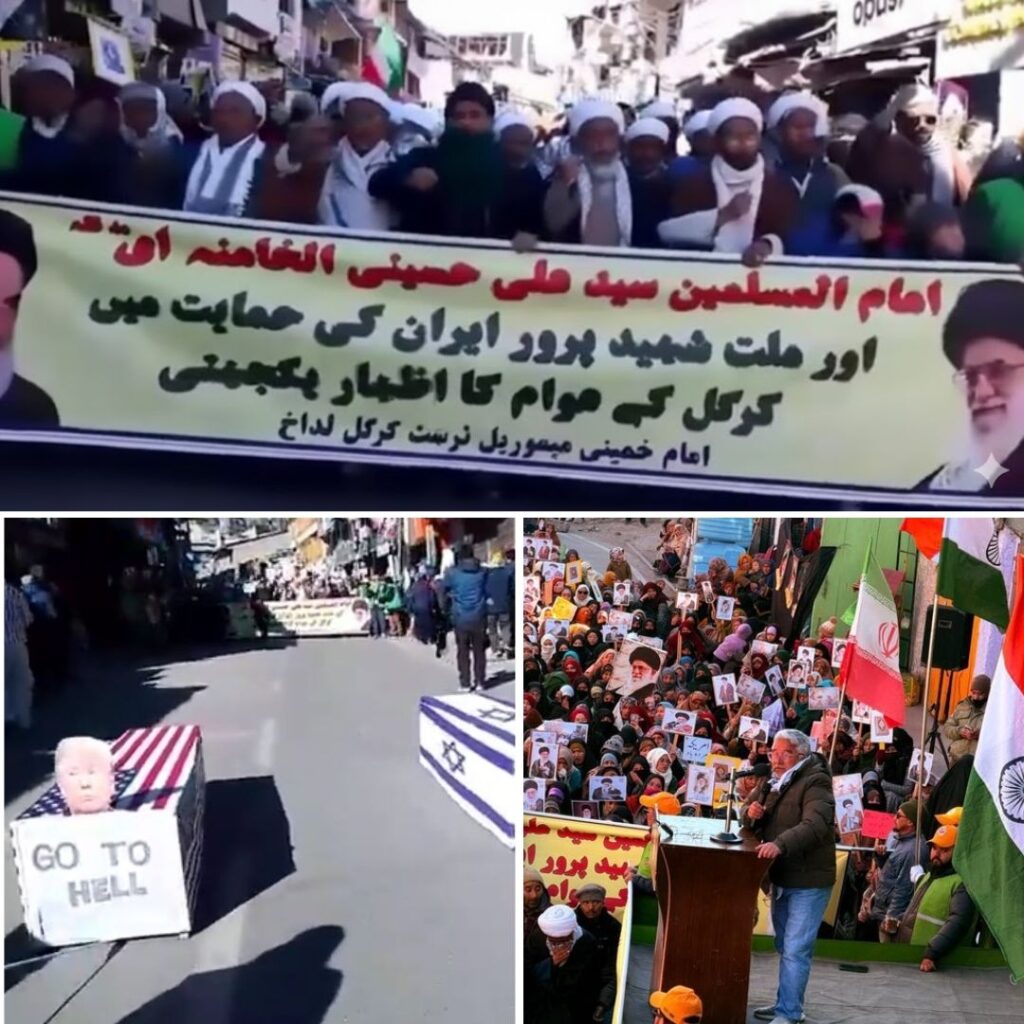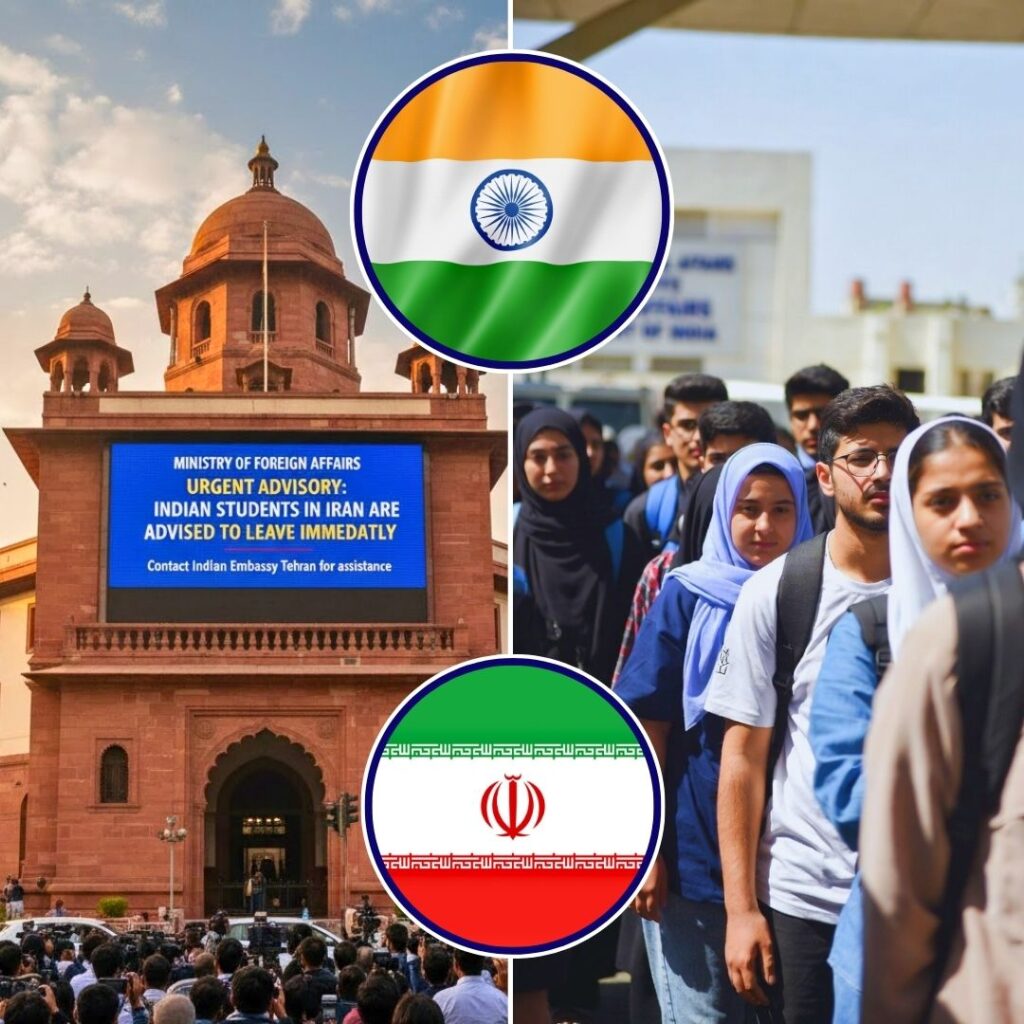The Madras High Court has directed the Union government to clarify why current adoption rules under the Central Adoption Resource Authority (CARA) still exclude transgender persons, despite the 2019 Transgender Persons Act mandating non-discrimination and equal rights.
The move follows a petition by a transgender individual challenging the validity of restrictive adoption laws, with the Centre now required to respond by December 4, 2025.
This judicial intervention could mark a turning point in legal recognition and the rights of transgender persons to adopt children in India.
Judicial Intervention: Challenging Exclusion
In a landmark hearing on November 3, 2025, the Madras High Court’s division bench, comprising Chief Justice Manindra Mohan Shrivastava and Justice G. Arul Murugan, asked the central government to provide written clarification as to why CARA guidelines remain untouched by the principles of equality codified in the Transgender Persons (Protection of Rights) Act, 2019.
The court’s involvement was prompted by a petition filed by B. Shama, a transgender plaintiff who highlighted the ongoing discrimination in India’s adoption laws-specifically, that CARA’s registration forms on its website exclude transgender individuals from even applying as prospective adoptive parents.
Advocate Karthikaa Ashok, representing Shama, argued that CARA’s reference to “male” and “female” should now be interpreted to cover “transgender” applicants as well, reflecting the requirement in the 2019 law for equal treatment.
According to the petition, the denial of adoption rights based on gender identity not only violates the 2019 Act but also Articles 14 and 21 of the Indian Constitution, which guarantee equality and life with dignity.
During proceedings, the court remarked that CARA functions under the Ministry of Women and Child Development and therefore it is incumbent on the central government to clarify in detail the reasons for the lack of reform.
The Additional Solicitor General, A.R.L. Sundaresan, asked for additional time to prepare the government’s reply, resulting in an adjournment of the case to December 4, 2025.
Legal Precedents: Barriers and Advocacy
This hearing was not the first time the exclusion of transgender persons from adoption had come before the judiciary. In October 2025, Justice M. Dhandapani of the same court dismissed a similar petition by K. Prithika Yashini, India’s first transgender police officer.
Justice Dhandapani stated that without explicit legislative amendments, his “hands were tied” since adoption regulations currently classify applicants strictly as male or female, with no mention of non-binary or transgender identities.
This legal binary leaves India’s transgender citizens with no official route to adopting under existing frameworks.
The recent intervention by the Madras High Court’s division bench moves away from a narrow reading of the law and places the onus on the Union Ministry of Women and Child Development to justify the delay in compliance with Section 8 of the 2019 Act, which explicitly obligates the government to institute transgender-inclusive welfare schemes and rules.
Advocates, including Ms. Ashok, have called for an “inclusive interpretation” of existing laws.
They underline that parenthood is a fundamental human dignity and that exclusion based on gender is contrary to the spirit of constitutional rights and previous Supreme Court pronouncements, most notably the NALSA judgment establishing equality for transgender persons.
National Impact: Law, Families, and Social Change
With India’s adoption framework still essentially referencing a binary understanding of gender, the implications extend far beyond legal technicalities.
The judiciary’s increasing engagement with the shifting definition of “family” reflects a broader movement in society, where diverse family units are increasingly recognised but not yet enshrined in central legal policy.
Recently, the Supreme Court’s split verdict in 2023 around joint adoption by unmarried and queer couples highlighted both progress and persisting barriers within the system.
For the transgender community, legal recognition through adoption rights is about more than bureaucracy-it is about dignity, family, and their place in Indian society. Experts caution that continued exclusion keeps “equality trapped in rhetoric,” and that law reform should not lag behind constitutional commitments.
The ongoing proceedings and mandated government reply could offer vital clarity and possibly set a precedent affecting thousands seeking to realise their parental aspirations.
The Logical Indian’s Perspective
The Madras High Court’s proactive intervention reinforces that Indian law must reflect empathy, inclusiveness, and justice. Every citizen, regardless of gender identity, deserves equal opportunity to experience parenthood and familial joy.
By amending CARA guidelines and strictly implementing the 2019 Act, the government can move closer to building a truly inclusive society where respect and kindness override stereotypes.












